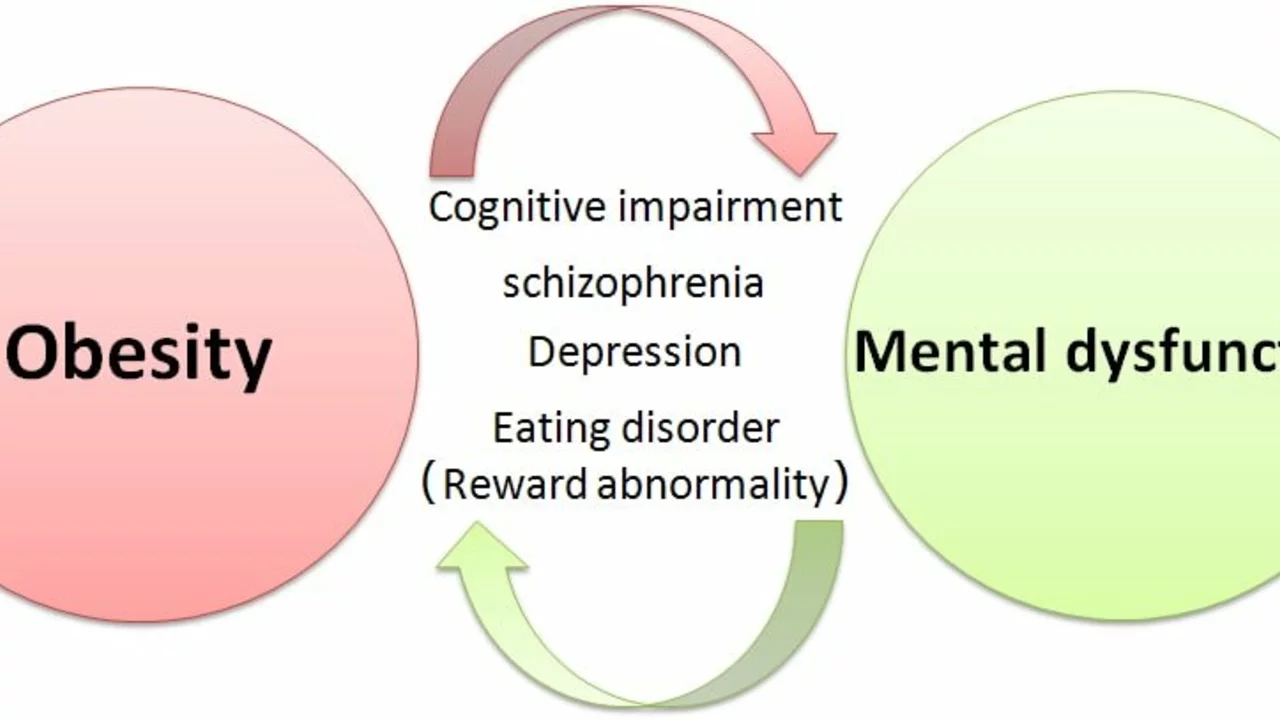Effect on Relationships: How Medications Shape Your Personal Life
Ever taken a prescription and wondered why you suddenly feel distant from your partner? You’re not alone. Many meds tweak hormones, mood, or energy levels, and those changes show up at home, in the bedroom, and even during simple conversations.
Common Relationship Challenges From Meds
Antidepressants are a good example. While they lift depressive clouds, some people notice a dip in sexual desire or an emotional “flatness” that makes flirting feel forced. Steroids used for inflammation can boost confidence but also cause irritability – you might find yourself snapping over tiny things.
Hormonal birth control is another hot topic. Certain pills lower libido for some, while others report clearer skin and steadier moods, which can improve daily interactions. Painkillers like opioids often bring drowsiness or foggy thinking, making it harder to stay present during a dinner date.
Even over‑the‑counter supplements aren’t safe from relationship effects. High doses of caffeine or energy boosters may lead to anxiety spikes, turning calm evenings into restless nights.
Tips to Protect Your Bond While On Medication
First, keep communication open. Let your partner know when you start a new drug and what side‑effects you expect. A quick text like “I’m on a new med that might make me sleepy tonight” sets the right tone.
Second, track changes. Use a simple journal or a phone note to record mood swings, energy levels, and intimacy shifts. Over time you’ll see patterns – maybe a specific dose is the culprit.
Third, involve your doctor. If a medication’s impact feels too big, ask about alternative drugs, dosage adjustments, or supplemental therapies that balance out the side‑effects.
Fourth, schedule quality moments. Even if you’re feeling off, plan a low‑stress activity – watching a favorite show or taking a short walk. Consistency helps keep the connection alive while your body adjusts.
Finally, don’t blame yourself or your partner for changes that are truly pharmacological. Recognize that the drug is part of the equation, not a personal failure.
By staying informed and talking openly, you can manage most medication‑related bumps without letting them derail your relationship. Remember, the goal isn’t to avoid meds – it’s to use them wisely while preserving the love and trust you’ve built together.
Major Depressive Disorder and its Effect on Relationships
In my recent exploration of major depressive disorder, I've discovered how significantly it can impact relationships. It's a heavy burden, not just for the individual suffering but also for those they are close to. The constant feelings of sadness, lack of interest, and fatigue that characterize depression can create a wall between loved ones. Communication often becomes strained, and the emotional withdrawal can leave partners and family members feeling isolated. Understanding and support are crucial, but it's also clear that professional help is often necessary to navigate these rough waters.
